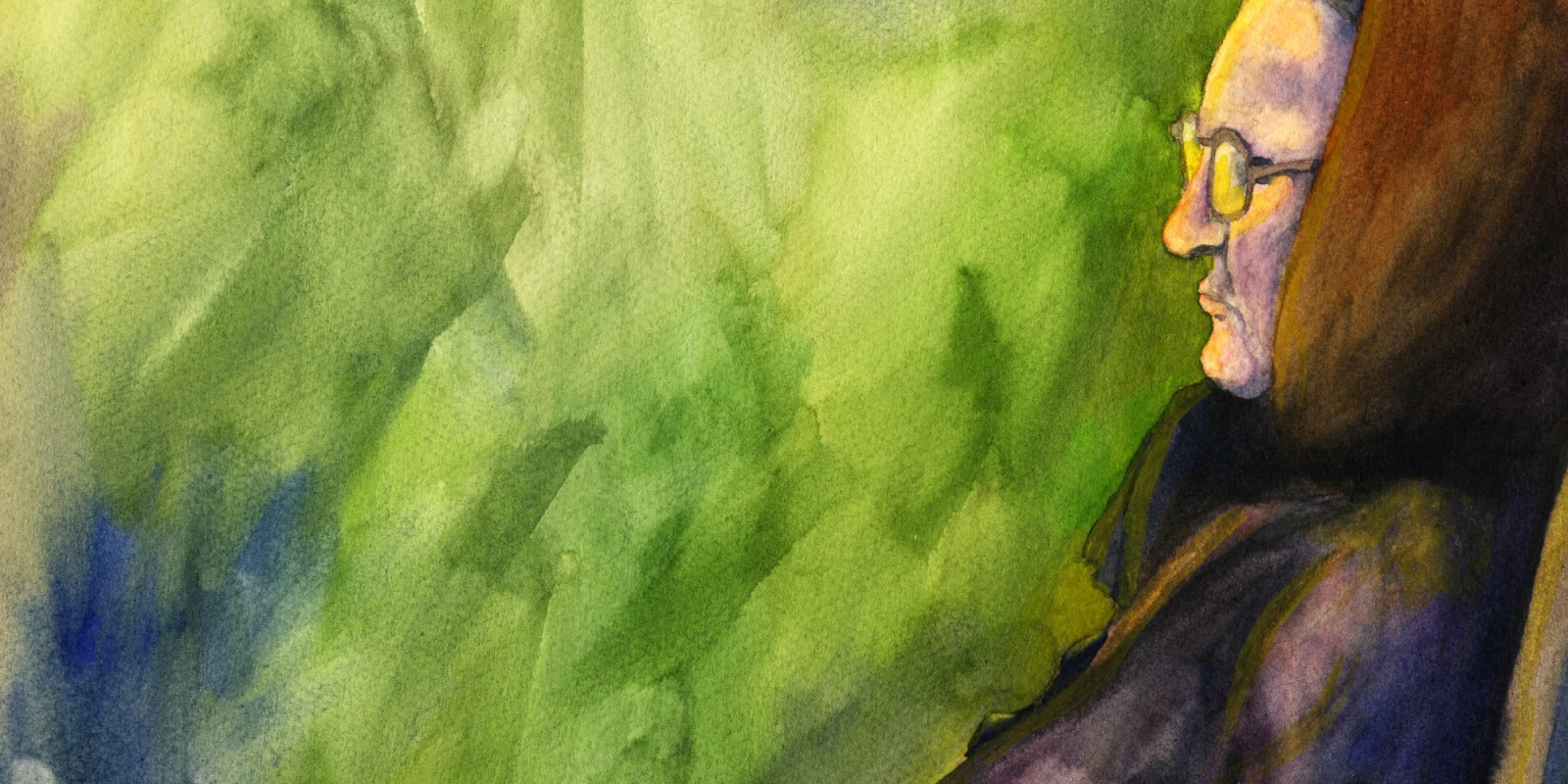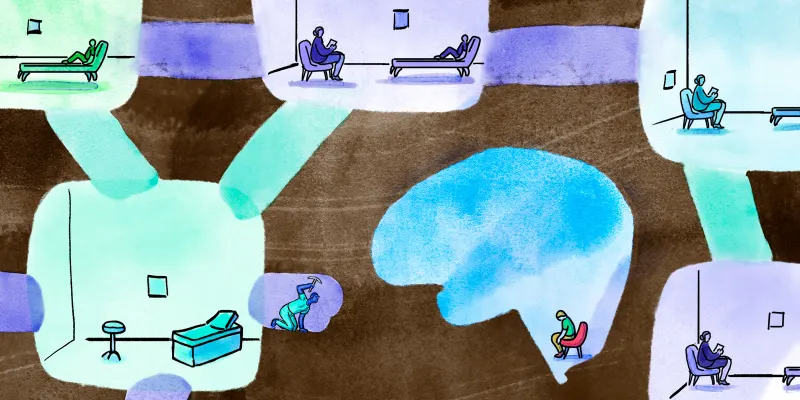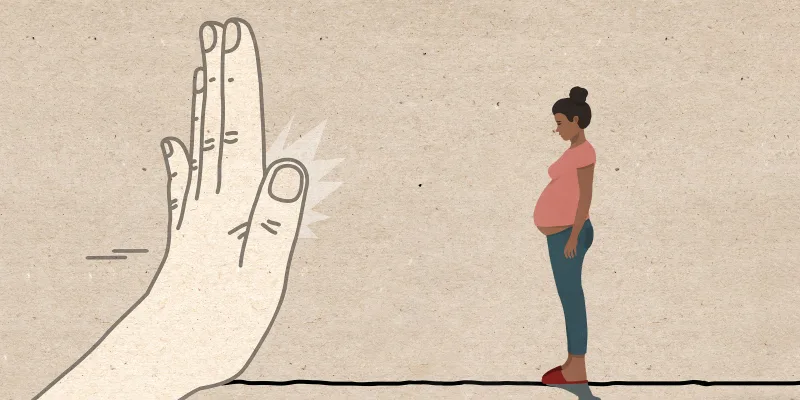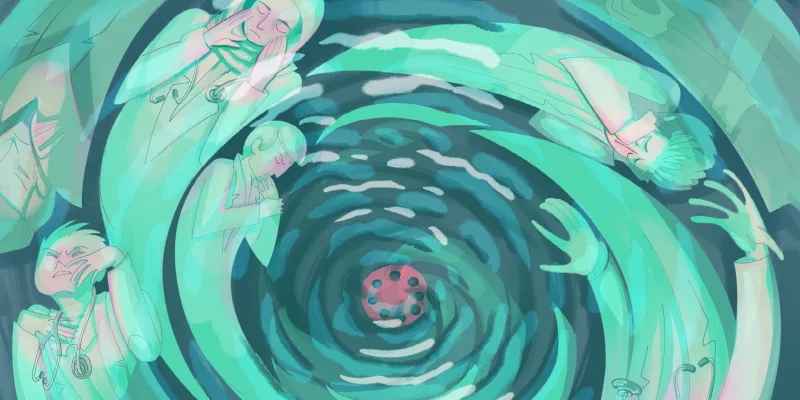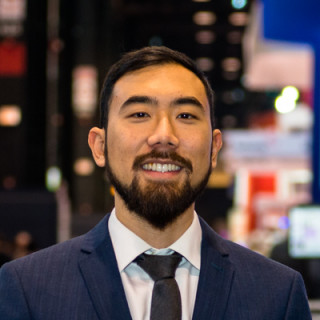
One of the best sessions I attended at the ACP’s Internal Medicine 2019 conference in Philadelphia was on the topic of challenges in caring for patients with advanced dementia. It was presented by Mt. Sinai geriatrician Audrey Chun, who also gave a great talk on office-based assessments of elders at risk for falls--another huge cause of morbidity for our older patients.
Dr. Chun used a case-based approach, telling us about her patient “Mrs. S.,” who at age 95 was still mostly ambulatory and verbal, but needed help with her activities of daily living and was fortunate to have in-home caregivers managed by her daughter. Interestingly, Mrs. S. was on not one but two medications used in Alzheimer’s, memantine and donazepil, though Dr. Chun reminded us of two important caveats:
1. First-line treatment for any dementia syndrome should be non-pharmacologic.
2. Medications for dementia have very low efficacy (and many side effects).
As Mrs. S. turned 97, she became more paranoid, expressing delusions that her caregivers were stealing from her. She stopped sleeping at night and became increasingly incontinent. Her daughter became worried that the hired caregivers would leave.
Thus, Dr. Chun felt compelled to prescribe a psychotropic medication to try to allay some of the patient’s agitation — one of the hallmarks of behavioral and psychiatric symptoms of dementia (BPSD). It’s important to remember and share with families that antipsychotic medications, commonly used in this cohort, carry a black-box warning from the FDA for increased risk of cardiovascular events and death.
As one commenter noted after the talk, “These patients are brought to me by their families and all they want is a prescription to get ‘Mom’ to behave. There’s no time to teach them adequately about non-pharmacologic treatments.”
Mrs. S. was started on a low dose of quetiapine, which lessened her paranoia and calmed her caregivers. Fortunately, there were no EKG changes.
A year later, at age 98, Mrs. S. began eating less, losing weight, and developed aspiration pneumonia.
At this point, Dr. Chun shared the important facts about tube-feeding, which is required by many nursing homes in the absence of a family member or an advance directive declining it. Tube feeds are actually no better than slow hand feeding for the risks of aspiration pneumonia or death. And tube feeds are more likely to cause complications like skin breakdown, agitation, or lead to the use of restraints.
In the illustrative case, Mrs. S.’s daughter declined feeding tube placement under the premise that her mother had previously stated she wouldn’t want one.
Thus a process of "de-prescribing" began, to wean Mrs. S. off of most of her medications and start home hospice given her less-than-six-month prognosis with advanced dementia.
Dr. Chun shared a very useful web-based resource called deprescribing.org that helps doctors and caregivers think through a patient’s use of medication and if, when and how to appropriately wean off of them.
Entering her mother to the Medicare hospice benefit was an easy choice for Mrs. S.’s daughter, given that she could stay home and had private caregiving in place. But that’s not always possible for other families, especially when switching to the hospice benefit might alter or end Medicaid-funded home services under traditional fee-for-service models.
That point was highlighted in a different session on ethics, racial and ethnic disparities in end-of-life care that led to a robust discussion of the differences between cultural competence and the newer concept of cultural humility.
Either way, listeners wondered, what happens when a patient exceeds their six month prognosis under Medicare?
As it turns out, the patient can simply be recertified. As long as the original certification was made in good faith, even the folks at CMS understand that prognosis is a tricky proposition and that we in the medical profession aren’t that good at predicting when the end of life will occur.
Dr. John Henning Schumann is an internist and a 2018–2019 Doximity Author.
